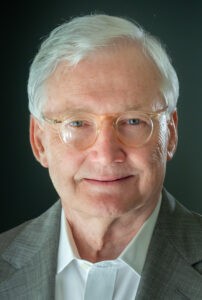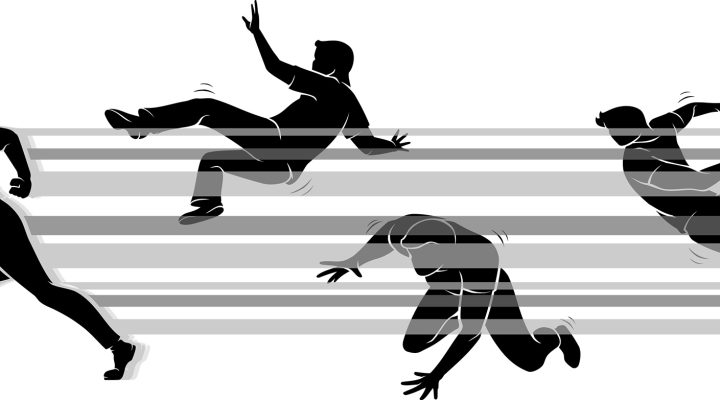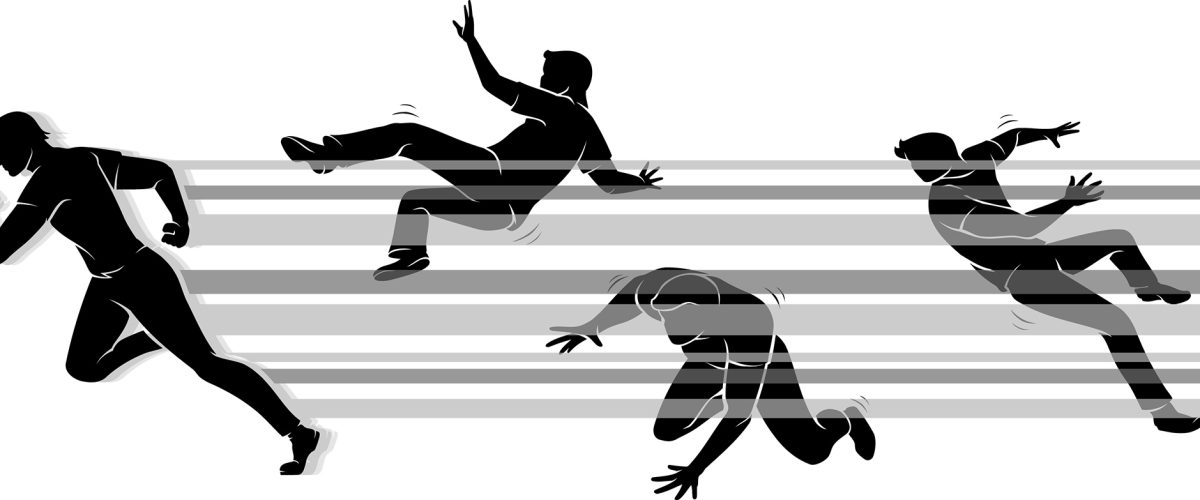Have you ever been walking along and lost your balance, one part of the body out of sync with the other parts, and you weren’t sure where you might land?
The church in America is there. The lack of balance I am talking about involves the relationship of the personal, public and community realms of life.
As humans, we live in these three realms simultaneously. When these realms get out of balance, we lose our balance as persons, as a community and as a nation.

Stephen Shoemaker
The personal realm is the realm of the self. God has bestowed on us each our own sacred personhood, each created in the divine image. God wants us to thrive as persons. The problem arises when we live as if the personal realm were the only realm, or the only important realm. God has made us to live in communion and community. The capacity for communion and community is part of the divine image in which we were made.
Such is the scourge of hyper-individualism in our nation. “My rights, my freedom” is the rallying cry. It endangers the health of our bodies, the body politic and the community.
Wendell Berry defines our American “rugged individualism” plaguing us as “the presumptive ‘right’ of individuals to do as they please, as if there were no God, no legitimate government, no community, no neighbors and no posterity.”
“When we make the personal realm the ultimate realm, we begin to lose our balance.”
The church can err by making “personal salvation” the only realm of God’s saving work. Today in the church and society we can make “self-realization” the new salvation. Martin Luther described our plight as persons as “the self-curved-in-on-itself.” When we make the personal realm the ultimate realm, we begin to lose our balance.
The second realm of life is the public realm, the body politic. The word “politics” comes from the Greek word for city, polis. God through Jeremiah called us to work for the welfare of the city and pray for its welfare. A nation needs a healthy body politic, and the calling to public service, despite much evidence to the contrary, can be a noble calling.
The problem comes when we make the public realm the ultimate realm. We become homo politicus, political creatures, political animals. We let ourselves be defined by our political allegiances. When the church becomes absorbed into the political realm, the political realm its ultimate realm, it is in trouble.
The U.S. Catholic bishops reported last week to the pope that the Catholic Church in America is badly divided. Peter Wehner, in his recent article in The Atlantic, begins “The Evangelical Church Is Breaking Apart.” I know few churches of any denomination that have not been wracked by political discord, and chief among the reasons is that the political realm has become the near ultimate if not ultimate realm of life and faith.
The public realm is where we work with others of good will for the common good. It is good work. It is not the ultimate realm, and when we live so, we lose our balance. The spiritual and moral realms have been swallowed up into the political realm.
“The spiritual and moral realms have been swallowed up into the political realm.”
But there is another realm, the vital connective tissue between the two other realms, and this is the communal realm. We are more than individual selves, we are more than political creatures, we are made to live in community and communion. The community realm of our lives has suffered especially through the last few years. We have not been physically together as before. Omnipresent social media has promoted the political realm as the ultimate realm. There has arisen lately “patriot churches.” People are choosing churches by whether they perceive the church to be red or blue.
Wendell Berry has written extensively about the cruciality of community and warned of its dying away, about neighborliness and the world as a neighborhood. A community, he writes, refers to a place and to a people, a “placed people.” In such a community we are, he writes, using Paul’s phrase, “members of one another.” In it everything is connected and everything belongs.
A character in his fiction, Burley Coulter, says, “The way we are, we are members of one another. All of us. Everything. The difference ain’t in who is a member and who is not, but in who knows it and who don’t.”
If the church is to recover its balance, the first task is the recovery of the community realm and to learn, or learn again, what it means to be members of one another.
Stephen Shoemaker serves as pastor of Grace Baptist Church in Statesville, N.C. He served previously as pastor of Myers Park Baptist in Charlotte, N.C.; Broadway Baptist in Fort Worth, Texas, and Crescent Hill Baptist in Louisville, Ky.


